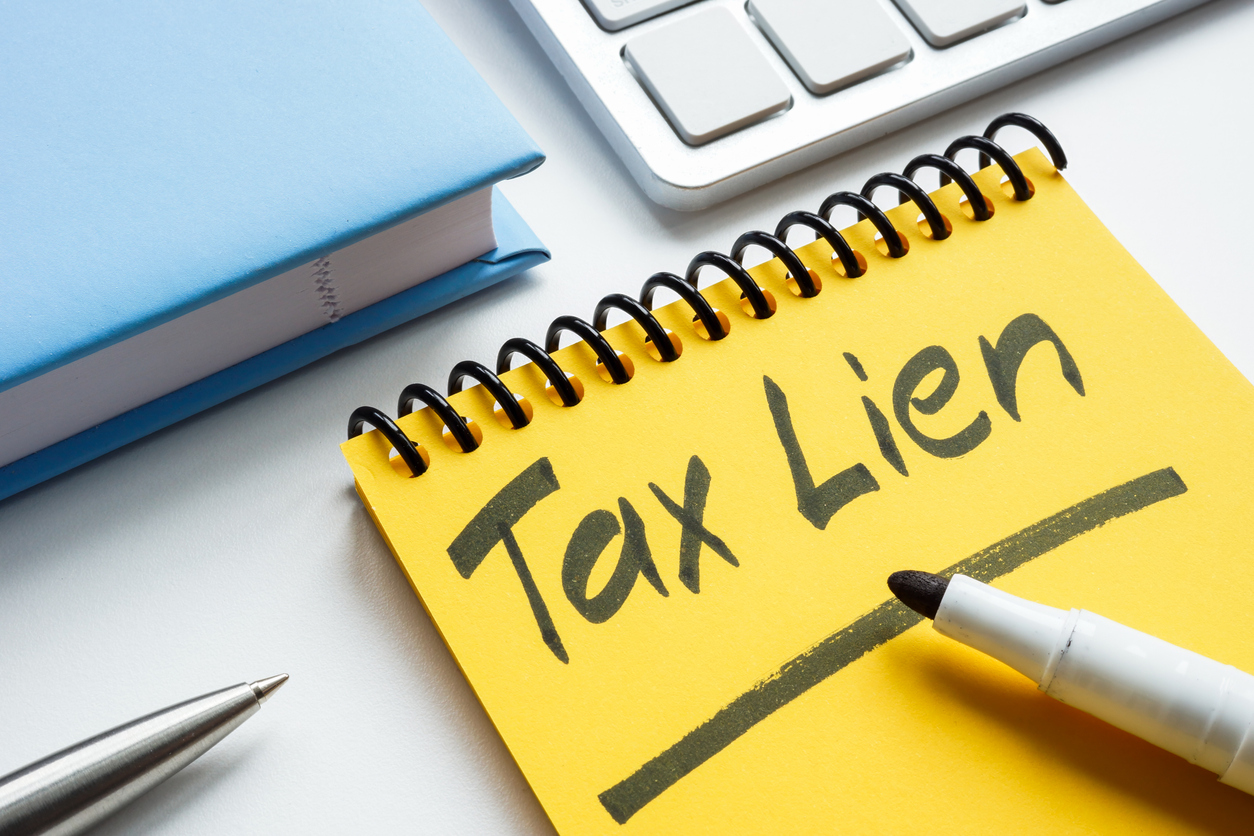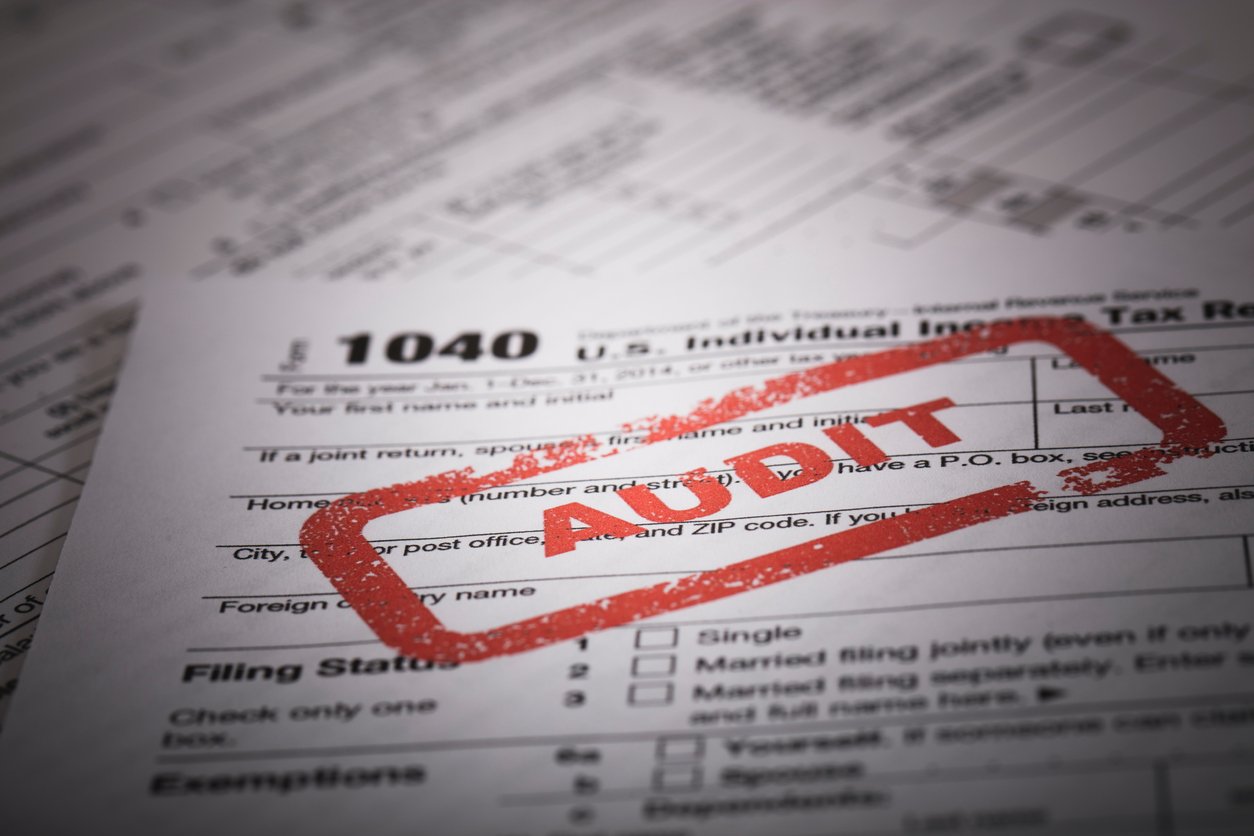On March 27, 2020, President Trump signed into law the CARES Act, which provides assistance for small business owners (fewer than 500 employees).
Below are the highlights of two programs available for small businesses, as well as recent IRS updates. Funds are being rapidly exhausted.
Paycheck Protection Program
Purpose: Help businesses retain or bring back employees let go and pay other expenses.
Use of funds: Pay wages and compensation to employees, provide self- employed owners working capital, pay health care costs, rent, utilities, and interest on debt incurred prior to February 15, 2020.
Amount: Up to $10,000,000 or 2.5 X the business’s average monthly payroll and net profit from self employment, whichever is less.
Rate: 1%
Term: 2 years, but no payments for first six months.
Features: No collateral or guarantee.
Forgiveness: Up to 100% of eligible expenses paid with loan funds during 8 weeks following closing, subject to compliance verification.
Eligibility: Small business owners, including DBAs, sole proprietors, LLCs, corporations and partnerships, as well as 501(c)(3)s and independent contractors, with fewer than 500 employees. Must have been in business on February 15, 2020.
Deadline to apply: By June 30, 2020.
Information needed: 2019 and 2020 financial statements, 2019 and 2020 payroll reports, state unemployment filings, tax identification number, and ownership information.
Economic Injury Disaster Loans (EIDL)
Purpose: To supplement lost revenue on account of Covid-19.
Use of funds: Business expenses.
Amount: Up to $2,000,000.
Rate: 3.75% or 2.75% for non-profits
Terms: Up to 30 years
Forgiveness: None
Features: No guarantor support for loans under $200,000.
IRS Updates
Stimulus checks: No information available yet, BUT, you must have at least your 2018 personal income tax return filed, unless you are currently receiving social security benefits. No registration needed.
Tax day: Has been extended from April 15, 2020 to July 15, 2020.
Tax payments: All tax payments due between April 15, 2020 and June 30, 2020 have been extended until July 15, 2020, regardless of the amount.
Refunds: Will continue as normal.
Refundable tax credits: Will be provided for those businesses providing Covid-19 related leave to their employees.
Deadline for obtaining a refund for tax year 2016: Is still April 15, 2020. This date has not been extended.
Existing installment agreements: Payments due between April 1, 2020 and July 15, 2020, are suspended. Payments not made during this period of time will not cause an installment agreement to be defaulted.
Offers in Compromise (OIC):
Pending OICs: The IRS will allow taxpayers until July 15, 2020 to provide requested additional information. Also, IRS will not close any pending OIC before July 15, 2020.
OIC payments: Taxpayers have the option of suspending all payments on accepted OICs until July 15, 2020.
New OIC applications: Are still being accepted by IRS.
Liens and levies: Are suspended until July 15, 2020.
Audits: No new audits until July 15, 2020. For existing audits, there will be no in-person meetings. However, IRS may be working remotely and may continue to ask for information.
Independent Office of Appeals: Appeals will continue to work their cases. However, there will no in-person meetings.
Statute of limitations: IRS may take steps to prevent the statute of limitations on collection from running out by asking taxpayers to voluntarily sign an extension of time for IRS to collect. However, this is unlikely to happen before July 15, 2020.
Should you have any questions, or need assistance, please contact the offices of Lothamer Tax Resolution, at 877-Tax-Bill.
"*" indicates required fields




